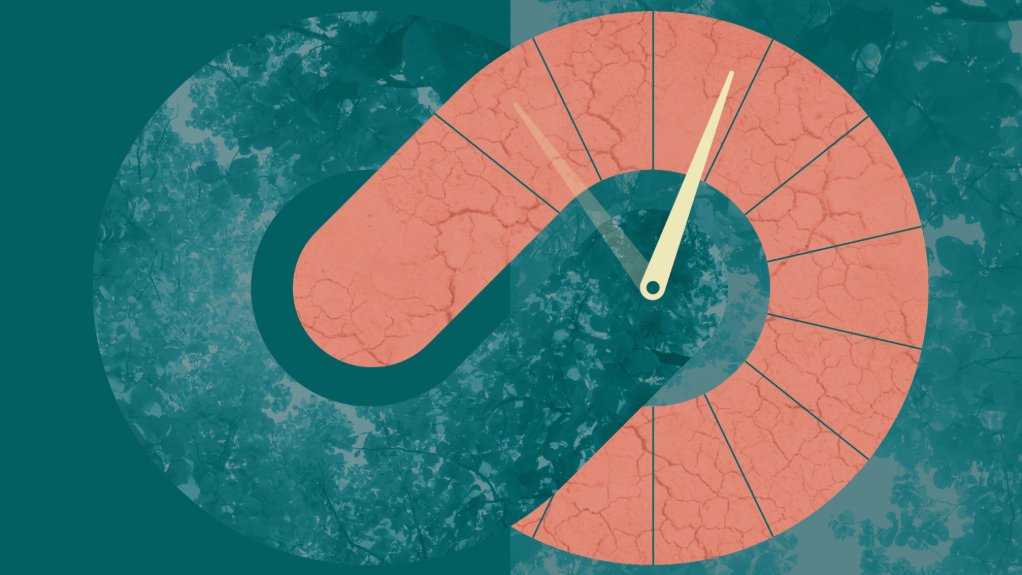- Renewable energy in climate change adaptation: Metrics and risk assessment framework2.91 MB
The essential role of renewable energy in the transition towards a climate-friendly future is undisputed. Often overlooked, however, is the part that renewable energy can play in climate change adaptation. Examining the intersection of renewable energy and climate adaptation measures presents a critical opportunity to examine the dual challenges of addressing climate impacts and supporting sustainable development. Promoting renewable energy as a strategy for adaptation requires informed policy-making as well as raising awareness of its benefits – including reduced greenhouse gas emissions, improved energy security, enhanced socio-economic outcomes and greater resilience to climate impacts.
Policy and finance play key roles in climate change adaptation, but their effective implementation requires understanding of the specific climate change risks they are intended to address. Therefore, an important aspect of climate change adaptation planning is identifying the risk, the exposure and the vulnerability to climate change in the respective country. Quantitative indicators need to be developed to make the implementation of plans monitorable, reportable and verifiable. This report focuses on identifying and quantifying the need for adaptation, presenting a methodology for potential indicators and metrics to easily assess the benefits of renewable energy as a risk mitigator in adaptation.
Risk assessment is the first step in the process of climate adaptation and leads to evaluation of potential impacts and vulnerabilities to develop effective strategies. Subsequently, a vulnerability assessment methodology allows the use of quantitative techniques, expert assessments and participatory approaches to quantify risks. This report applies the methodology to a case study (Canary Islands) to assess the risk of increased energy demand (due to increased desalination and pumping needs) and greenhouse gas (GHG) emissions, and the contribution of renewables in lowering the risk. The use of quantitative and qualitative methodologies, and a case study, provide greater clarity on adaptation gaps and challenges, as well as the contribution renewables can make toward improved resilience and adaptability.
Report by the International Renewable Energy Agency
EMAIL THIS ARTICLE SAVE THIS ARTICLE ARTICLE ENQUIRY FEEDBACK
To subscribe email subscriptions@creamermedia.co.za or click here
To advertise email advertising@creamermedia.co.za or click here











